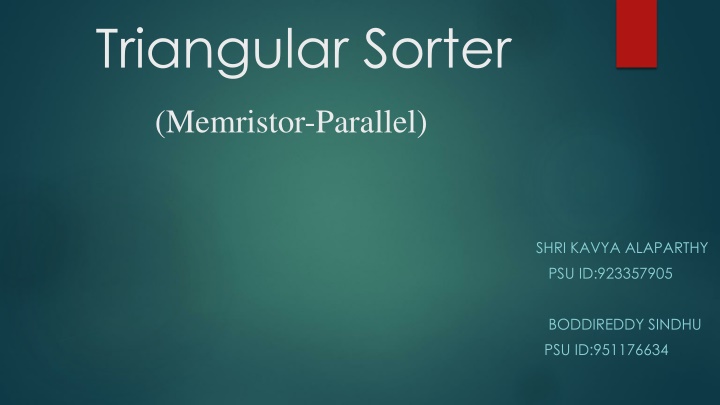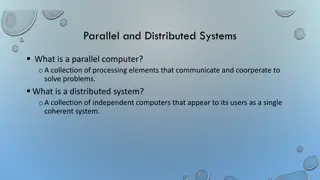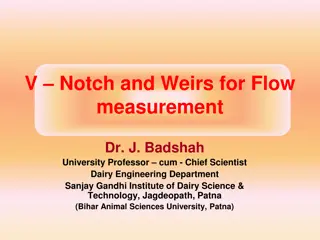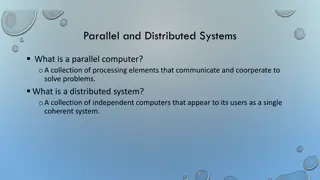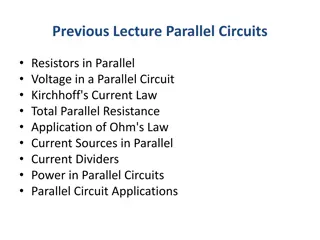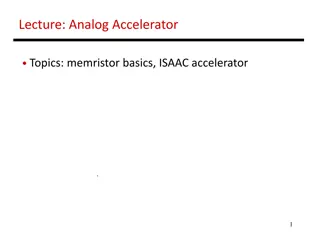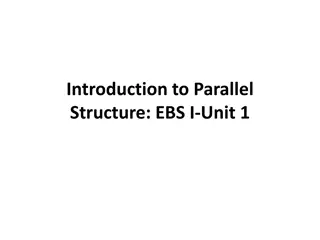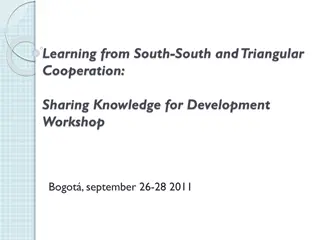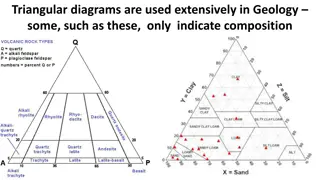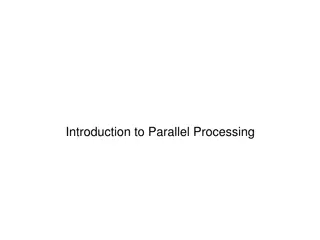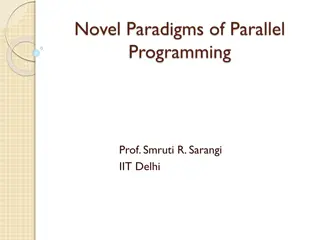Triangular Sorter: Memristor-Parallel Results
"Sorter, min-max cell, gate truth table, memristor modules, FPGA board details, power, timing, and comparison data for the Triangular Sorter project by Shri Kavya Alaparthy and Boddireddy Sindhu."
Download Presentation

Please find below an Image/Link to download the presentation.
The content on the website is provided AS IS for your information and personal use only. It may not be sold, licensed, or shared on other websites without obtaining consent from the author.If you encounter any issues during the download, it is possible that the publisher has removed the file from their server.
You are allowed to download the files provided on this website for personal or commercial use, subject to the condition that they are used lawfully. All files are the property of their respective owners.
The content on the website is provided AS IS for your information and personal use only. It may not be sold, licensed, or shared on other websites without obtaining consent from the author.
E N D
Presentation Transcript
Triangular Sorter (Memristor-Parallel) SHRI KAVYA ALAPARTHY PSU ID:923357905 BODDIREDDY SINDHU PSU ID:951176634
Overview: Sorter Min-max cell Memristor FPGA Results
Min-Max Cell: Inputs are given in thermometric code. The drawback of this thermometric code is we need more number of bits per input.
Memristor Module: Memristor module is written separately. Called twice for OR gate operation. Called thrice for AND gate operation.
Min Max Module: This is the module where memristor_module is called for the AND and OR operation. For OR gate, X = mem (mem (a, 0), B). For AND gate, X = mem(mem(mem (b,0),a),0)
FPGA Board: NEXYS 4 DDR Inputs: Slider switches Output: 7 segment display
Comparision: Delay(ns) Area(mm2 ) Power Logic Net Total Memristor Setup 0.632 3.020 3.652 0.255 0.104 Hold 0.186 0.053 0.239 CMOS Setup 1.056 2.838 3.894 0.217 0.104 Hold 0.186 0.065 0.251
Results summary: Delay is decreased in memristor when compared to cmos. Area of the logic increased when memristor used compared to use of cmos. Static power is almost equal in both the cases. Dynamic power in memristor is bit high when compared to cmos.
